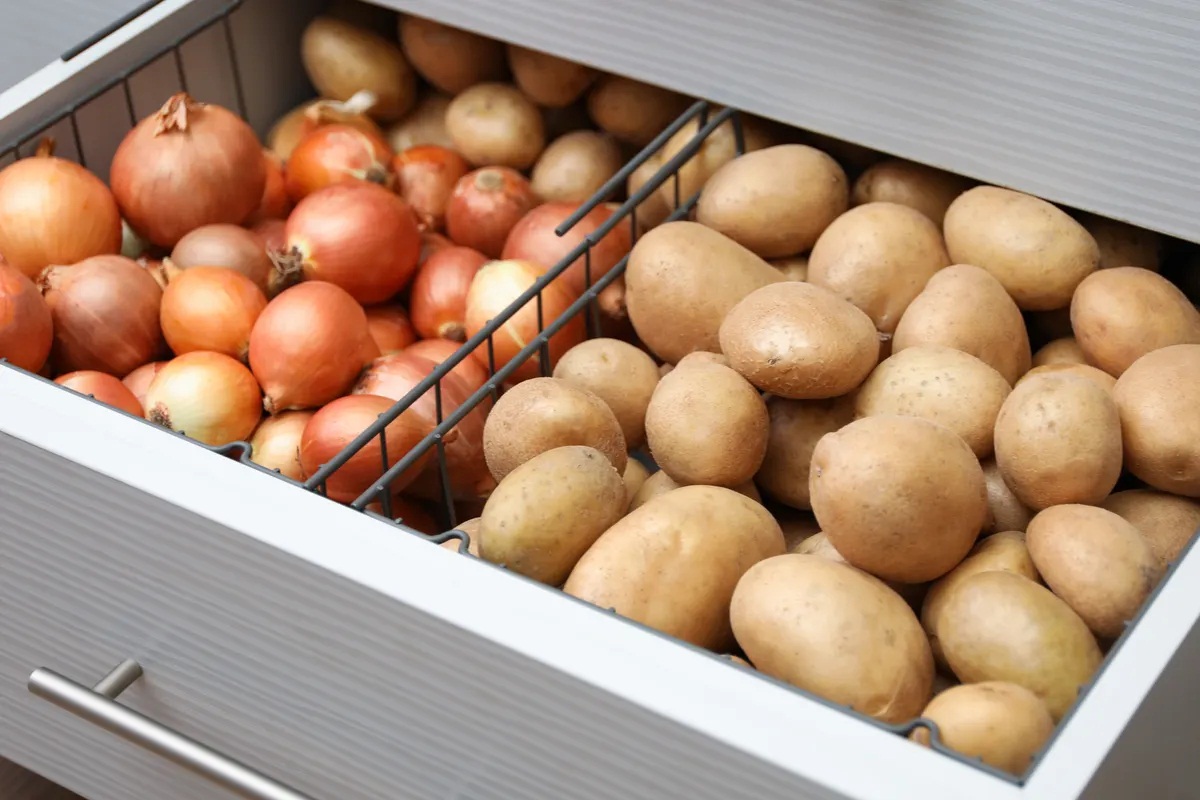

Articles
How Long Do Potatoes Last In Pantry
Modified: January 5, 2024
Discover how long potatoes can last when stored in the pantry and learn the best tips for pantry storage. Keep your potatoes fresh and delicious with proper pantry storage techniques.
(Many of the links in this article redirect to a specific reviewed product. Your purchase of these products through affiliate links helps to generate commission for Storables.com, at no extra cost. Learn more)
Introduction
Potatoes are a versatile and nutritious staple in many households. Whether you prefer them mashed, boiled, roasted, or turned into fries, potatoes are a delightful addition to meals. However, to fully enjoy the benefits of these tubers, it is essential to know how long they last in your pantry.
The shelf life of potatoes can vary depending on several factors, including their freshness at the time of purchase and how they are stored. Proper storage and handling can significantly extend their lifespan, while neglecting these practices may lead to spoilage and waste.
In this article, we will explore the factors that affect the shelf life of potatoes, provide insights into the proper storage techniques to maintain their freshness, and discuss the telltale signs of spoilage to watch out for. Additionally, we will answer the question “How long do potatoes last in a pantry?” and offer valuable tips to help you extend their shelf life.
So, let’s dive in and discover the secrets to keeping your potatoes fresh and delicious for as long as possible.
Key Takeaways:
- Proper storage and handling are crucial for maximizing the shelf life of potatoes in the pantry. Factors such as variety, quality at purchase, and storage conditions all play a role in determining how long potatoes can last.
- By following proper storage techniques, such as choosing the right location, maintaining proper temperature, and inspecting regularly for signs of spoilage, you can extend the shelf life of potatoes and minimize food waste. Familiarizing yourself with the signs of spoiled potatoes is essential for ensuring food safety.
Factors Affecting Potato Shelf Life
The shelf life of potatoes can be influenced by various factors. Understanding these factors will help you make informed decisions on how to store and handle your potatoes to ensure maximum freshness. Here are some key factors to consider:
- Variety: Different potato varieties can have varying shelf lives. Some varieties, such as russet potatoes, have a longer shelf life compared to others. It’s essential to know the specific variety of potatoes you have to gauge their potential lifespan.
- Quality at Purchase: The quality of potatoes at the time of purchase plays a crucial role in their shelf life. Look for potatoes that are firm, without any blemishes or signs of decay. Fresh, high-quality potatoes are more likely to have a longer shelf life.
- Ripeness: Potatoes that are harvested when they are not fully mature tend to have a shorter shelf life. Ideally, potatoes should be allowed to reach their full maturity before harvesting to ensure better storage potential.
- Storage Conditions: The way you store your potatoes can significantly impact their shelf life. Factors such as temperature, humidity, and exposure to light can all affect the rate of spoilage. We will delve deeper into proper storage techniques later in this article.
- Physical Damage: Potatoes that have been bruised, cut, or have any physical damage are more prone to spoilage. Damaged potatoes should be used quickly to prevent further deterioration.
- Preparation: How you prepare your potatoes can also affect their shelf life. Peeling, cutting, or cooking potatoes can accelerate spoilage. It is best to prepare potatoes right before use to maintain their freshness.
- Environmental Factors: Environmental conditions, such as temperature and humidity, can impact the shelf life of potatoes. Storing potatoes in a cool, dark, and well-ventilated area is recommended to maximize their lifespan.
By being mindful of these factors, you can take the necessary steps to ensure your potatoes stay fresh and edible for an extended period, reducing waste and maximizing your culinary enjoyment.
Proper Storage of Potatoes
Proper storage is crucial for maintaining the freshness and extending the shelf life of potatoes. Here are some essential tips for storing potatoes:
- Choose the right storage location: Find a cool, dark, and well-ventilated area to store your potatoes. Avoid direct exposure to sunlight, as it can cause the potatoes to sprout or turn green.
- Temperature: Potatoes should be stored at a temperature between 45°F (7°C) and 50°F (10°C). Avoid storing them at too low temperatures, such as in the refrigerator, as it can cause the starches to convert into sugars, resulting in a sweet taste and undesirable texture.
- Avoid moisture: Excess moisture can lead to the growth of mold and bacteria, causing the potatoes to spoil quickly. Ensure that the storage area is dry and free from any humidity or dampness.
- Use proper containers: Store potatoes in breathable containers, such as paper bags or mesh bags, to allow air circulation. Avoid using plastic bags or airtight containers, as they can trap moisture and accelerate spoilage.
- Separate from other produce: Potatoes release ethylene gas, which can speed up the ripening process of some fruits and vegetables. Store potatoes separately from other produce to prevent premature spoilage.
- Inspect regularly: Regularly check your stored potatoes for any signs of sprouting, rot, or decay. Remove any damaged or spoiled potatoes immediately to prevent the spread of spoilage to other potatoes.
- Avoid washing before storage: Potatoes should be stored unwashed. Washing them before storage can introduce moisture, promoting faster spoilage.
By following these storage guidelines, you can help prolong the shelf life of your potatoes and ensure they stay fresh and ready to be used in your favorite recipes.
Signs of Spoiled Potatoes
Knowing the signs of spoiled potatoes is important to avoid consuming them when they are no longer safe to eat. Here are some common signs that indicate potatoes have gone bad:
- Mold: If you notice any patches of mold on the surface of the potato, it is a clear indication of spoilage. Mold can range in color from green to black and should be discarded along with the affected potato.
- Foul Odor: Spoiled potatoes may emit a strong, unpleasant odor. If your potatoes smell rotten, musty, or otherwise off, it’s best to err on the side of caution and discard them.
- Sprouting: As potatoes age, they have a tendency to sprout. While small sprouts are generally harmless and can be removed before use, large and extensive sprouting can indicate that the potato is past its prime and may taste bitter.
- Soft Texture: If the potato feels soft and mushy to the touch, it is a sign of spoilage. A healthy potato should be firm and have a consistent texture throughout.
- Discoloration: Any discoloration of the potato, such as dark spots or a greenish tint, should be considered a sign of spoilage. Green discoloration is a result of exposure to light and can indicate the presence of a naturally occurring toxin called solanine, which can be harmful if consumed in large quantities.
- Visible Rot: If you notice any visible signs of rot, such as a slimy or mushy texture or the presence of black or brown spots, the potato is no longer safe to eat and should be discarded.
It is important to note that consuming spoiled potatoes can lead to foodborne illnesses. To ensure food safety, always discard potatoes that show any of these signs of spoilage.
Now that you are familiar with the signs of spoiled potatoes, you can confidently assess the condition of your potatoes before using them in your culinary creations.
Potatoes can last in the pantry for 1-2 weeks. Store them in a cool, dark, and well-ventilated place to prevent sprouting and spoilage. Avoid storing them near onions, as they can cause potatoes to spoil faster.
How Long Do Potatoes Last in a Pantry?
The shelf life of potatoes can vary depending on various factors, including the specific variety, quality at purchase, and storage conditions. On average, properly stored potatoes can last anywhere from 2 to 5 months in a pantry.
Russet potatoes, which are commonly used for baking and mashing, tend to have a longer shelf life compared to other varieties. They can last up to 5 months when stored correctly. Other varieties, such as red or white potatoes, may have a slightly shorter shelf life, typically ranging from 2 to 4 months.
It’s important to note that as potatoes age, their texture and taste may deteriorate. Older potatoes may become grainy, shriveled, or develop a sweeter taste due to the conversion of starches into sugars. However, as long as there are no signs of spoilage, older potatoes can still be used in soups, stews, or mashed preparations.
To ensure the longest possible shelf life for your potatoes, it’s essential to follow proper storage practices. Store potatoes in a cool, dark, and dry pantry or cupboard, maintaining a temperature between 45°F (7°C) and 50°F (10°C). Avoid storing them near sources of heat or exposure to direct sunlight, as this can speed up the spoilage process.
Remember to regularly inspect your stored potatoes for any signs of sprouting, mold, or rot. Remove any spoiled or damaged potatoes immediately to prevent the spread of spoilage to the remaining batch.
While potatoes can last several months in a pantry, it’s always a good idea to use them in a timely manner to enjoy their full flavor and nutritional benefits. Incorporate potatoes into your meals and recipes regularly to make the most of their freshness and taste.
By properly storing your potatoes and being aware of their shelf life, you can minimize food waste and maximize your culinary enjoyment.
Read more: How Long Will Cut Seed Potatoes Last
Tips for Extending Potato Shelf Life
To extend the shelf life of your potatoes and keep them fresh for as long as possible, consider implementing the following tips:
- Choose the freshest potatoes: When purchasing potatoes, opt for those that are firm, without any cuts, bruises, or signs of decay. Fresh potatoes have a longer potential shelf life.
- Store potatoes in a cool location: Potatoes should be stored in a cool, dark area with a temperature between 45°F (7°C) and 50°F (10°C). Avoid storing them in excessively cold temperatures, such as in the refrigerator, as it can affect their taste and texture.
- Provide good ventilation: Proper air circulation is essential to prevent the build-up of moisture and the growth of mold. Store potatoes in breathable containers, such as paper bags or mesh bags, to allow for adequate ventilation.
- Avoid exposure to light: Light can trigger the production of solanine, a naturally occurring toxin, and lead to greening of potatoes. Keep them in a dark environment or store them in opaque containers to protect them from light.
- Separate potatoes from certain produce: Potatoes release ethylene gas, which can speed up the ripening process of certain fruits and vegetables. Store potatoes away from apples, bananas, and other ethylene-sensitive produce to prevent premature spoilage.
- Inspect regularly: Regularly check your stored potatoes for any signs of sprouting, mold, or decay. Remove any damaged or spoiled potatoes immediately to prevent the spread of spoilage to other potatoes.
- Use the ‘first in, first out’ rule: When using stored potatoes, always consume the older ones first. This way, you can maintain a rotation system and ensure that none of the potatoes go to waste.
- Avoid washing before storage: Potatoes should be stored unwashed, as moisture can accelerate spoilage. Only wash them right before using them in your recipes.
Implementing these tips will help you optimize the shelf life of your potatoes and reduce food waste. By storing them properly and providing the right conditions, you can enjoy fresh, flavorful potatoes for a longer period.
Remember that each potato variety may have slightly different storage requirements, so it’s a good idea to familiarize yourself with the specific needs of the potatoes you have on hand.
With these tips in mind, you can confidently store your potatoes and extend their shelf life, ensuring that you always have a versatile and delicious ingredient available for your culinary creations.
Frequently Asked Questions (FAQs)
Here are some common questions about potato shelf life, storage, and preservation:
- Can I store potatoes in the refrigerator?
- Can I freeze potatoes?
- Should I wash potatoes before storing them?
- What is the green color on potatoes, and is it safe to eat?
- Can I still use potatoes that have sprouted?
- How can I prevent potatoes from sprouting?
- Can I eat potatoes that have turned black inside?
While it’s best to store potatoes in a cool, dark pantry, you can store them in the refrigerator if necessary. However, keep in mind that refrigeration can affect the taste and texture of potatoes, causing them to become sweet and mealy.
Potatoes can be frozen, but they may undergo a change in texture when thawed. Freezing is best for cooked potatoes, such as mashed or roasted potatoes. Raw potatoes can become mushy upon thawing due to the high water content.
No, it is best to store potatoes unwashed. Washing potatoes before storage can introduce moisture, which can lead to quicker spoilage. Only wash potatoes right before using them in your recipes.
The green color on potatoes is the result of exposure to light. This green hue indicates the presence of a naturally occurring toxin called solanine, which can be harmful if consumed in large quantities. It is recommended to cut away any green parts before using the potato.
Small sprouts on potatoes are generally harmless and can be removed before use. However, large and extensive sprouting can indicate that the potato is past its prime and may have a bitter taste. It’s best to discard potatoes with extensive sprouting.
To prevent or delay sprouting, store potatoes in a cool, dark environment with good ventilation. Keeping them away from light and at the right temperature can help prolong their shelf life and reduce the likelihood of sprouting.
No, blackening of the flesh inside a potato is an indication of spoilage. It is best to discard potatoes that have turned black, as consuming them can lead to foodborne illnesses.
These frequently asked questions provide valuable insights into the storage and preservation of potatoes. By following proper storage techniques and discarding any spoiled potatoes, you can enjoy fresh and safe potatoes in your meals.
Conclusion
Potatoes are a versatile and beloved staple in many households, and knowing how to properly store and extend their shelf life is essential for minimizing waste and maximizing their culinary potential.
By understanding the factors that affect potato shelf life, including variety, quality at purchase, and storage conditions, you can make informed decisions to maintain the freshness of your potatoes for as long as possible.
Proper storage techniques, such as storing potatoes in a cool, dark, and well-ventilated location and avoiding exposure to light and moisture, are crucial for preserving their quality and taste. Regularly inspecting the stored potatoes and removing any spoiled ones will help prevent the spread of spoilage to the rest of the batch.
Recognizing the signs of spoilage, including mold, foul odor, sprouting, soft texture, discoloration, and visible rot, is important for safely disposing of any potatoes that have gone bad.
While the shelf life of potatoes in a pantry can range from 2 to 5 months, it’s always best to use them in a timely manner to fully enjoy their flavor and nutritional benefits.
By following the tips provided in this article, such as selecting the freshest potatoes, storing them properly, and using a ‘first in, first out’ approach, you can extend the shelf life of your potatoes and reduce food waste.
Lastly, familiarizing yourself with frequently asked questions about potato storage and preservation can provide additional insights and help address any uncertainties you may have.
In conclusion, by implementing proper storage practices, being aware of the signs of spoilage, and making use of the information provided, you can confidently store your potatoes and savor their deliciousness in various dishes for an extended period.
Frequently Asked Questions about How Long Do Potatoes Last In Pantry
Was this page helpful?
At Storables.com, we guarantee accurate and reliable information. Our content, validated by Expert Board Contributors, is crafted following stringent Editorial Policies. We're committed to providing you with well-researched, expert-backed insights for all your informational needs.




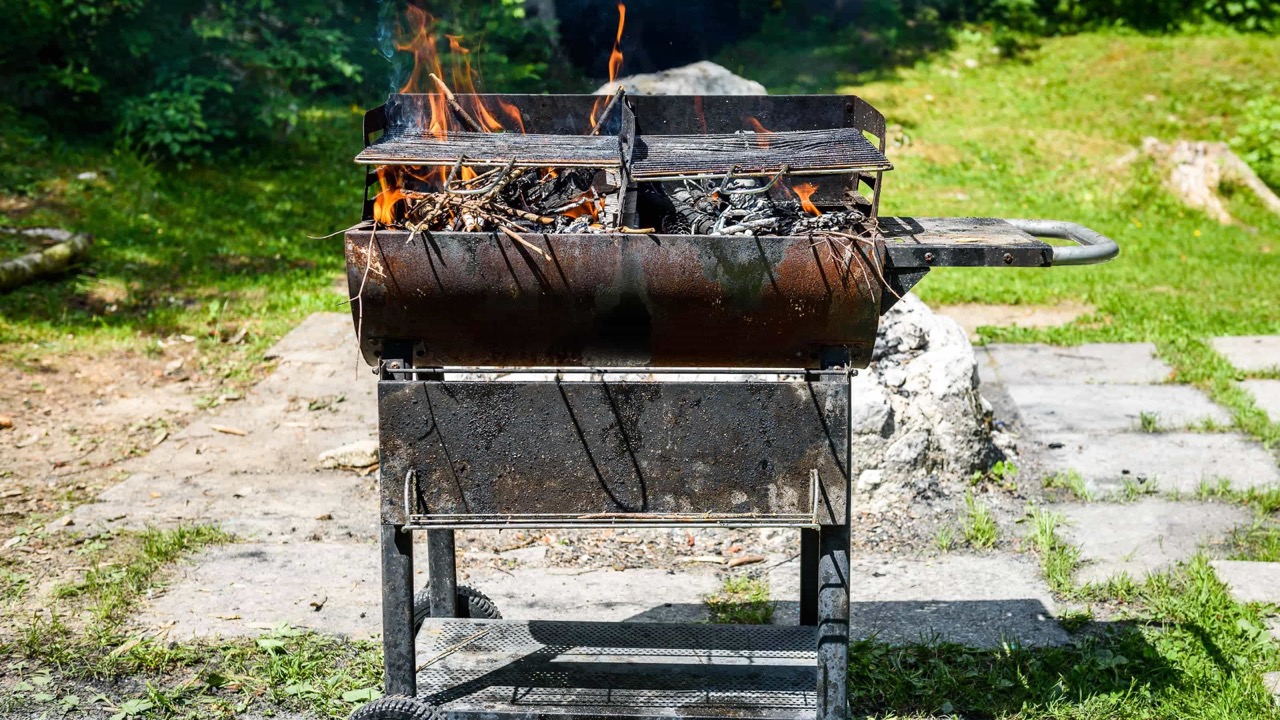


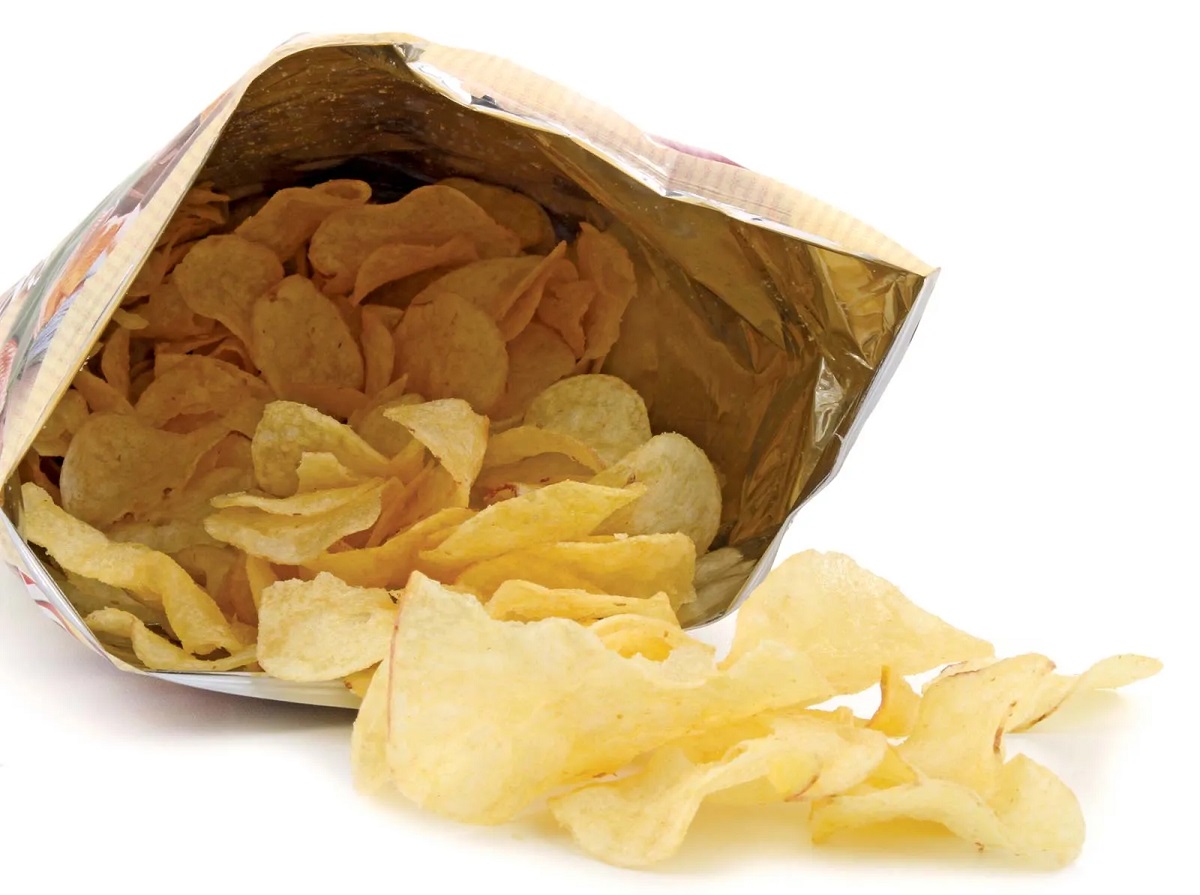

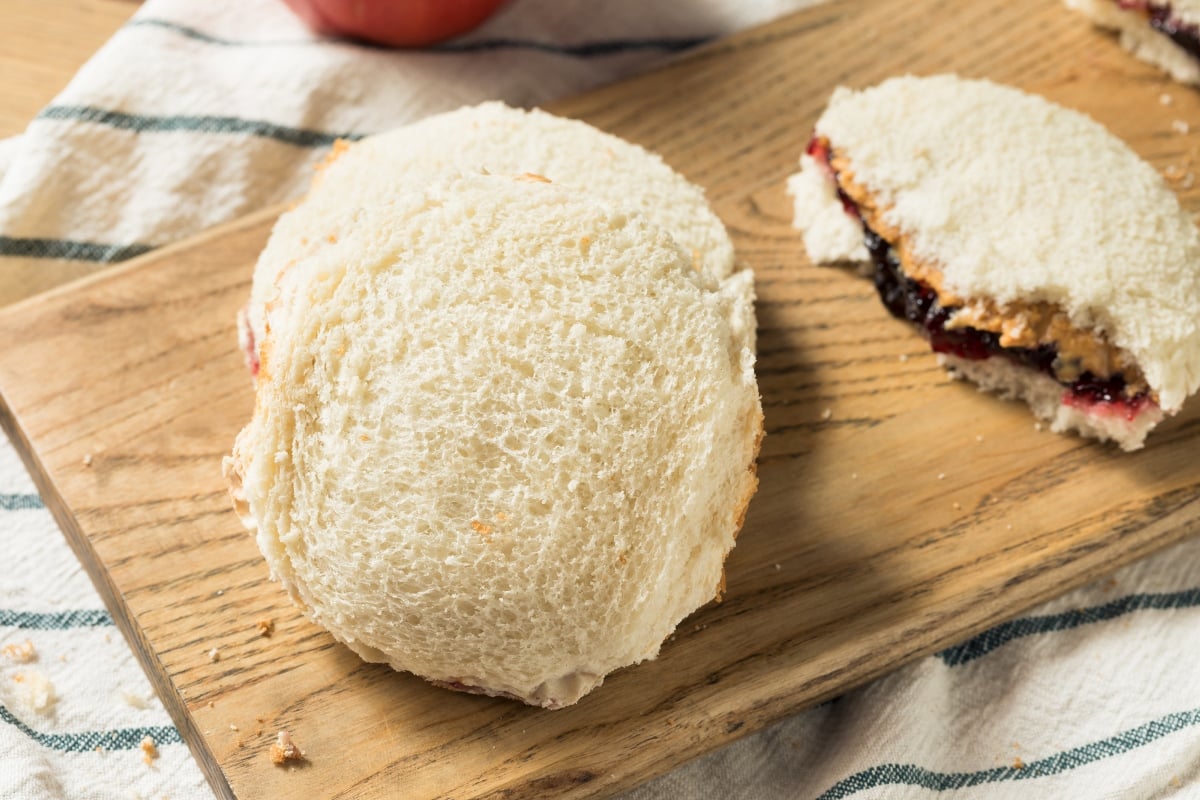
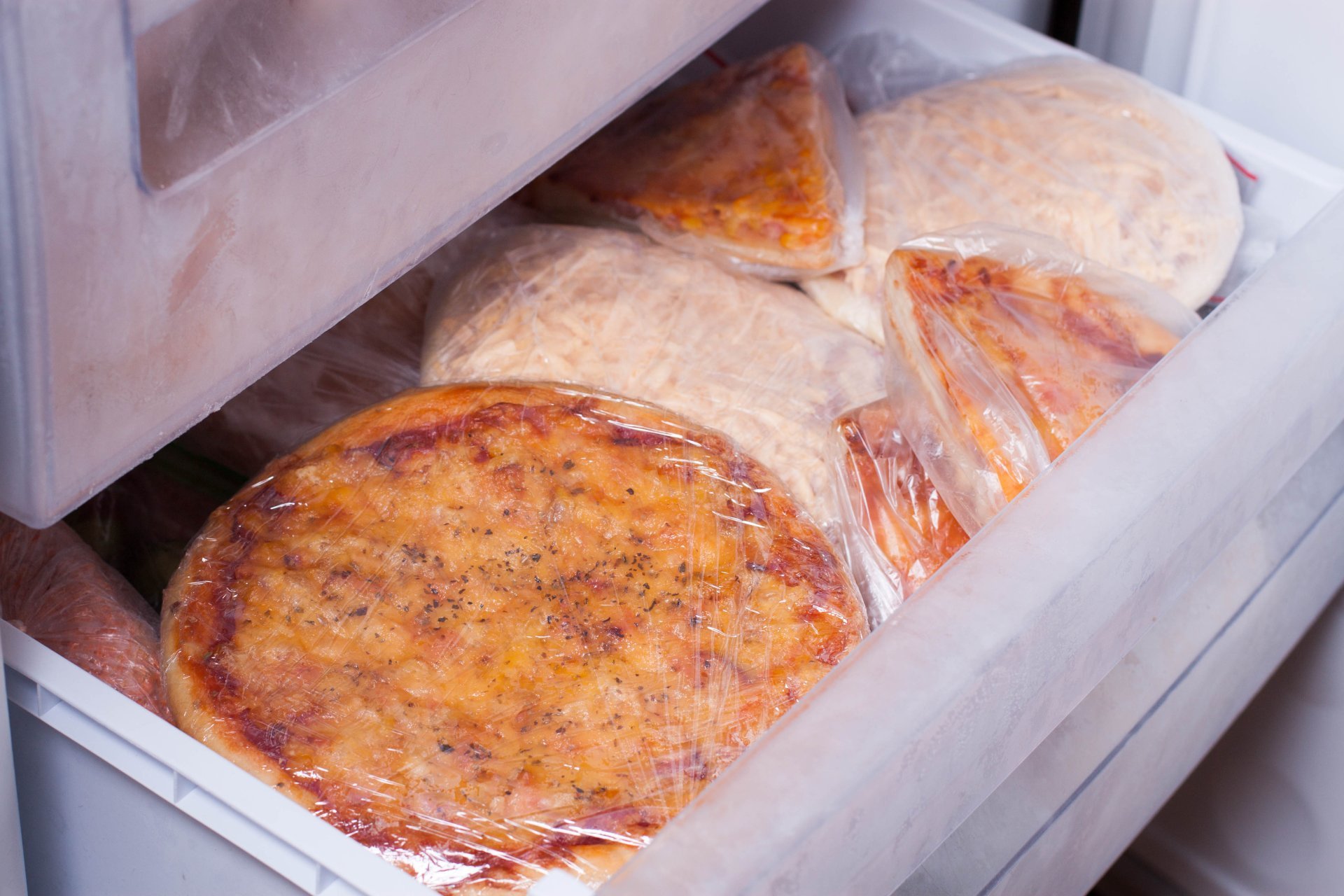

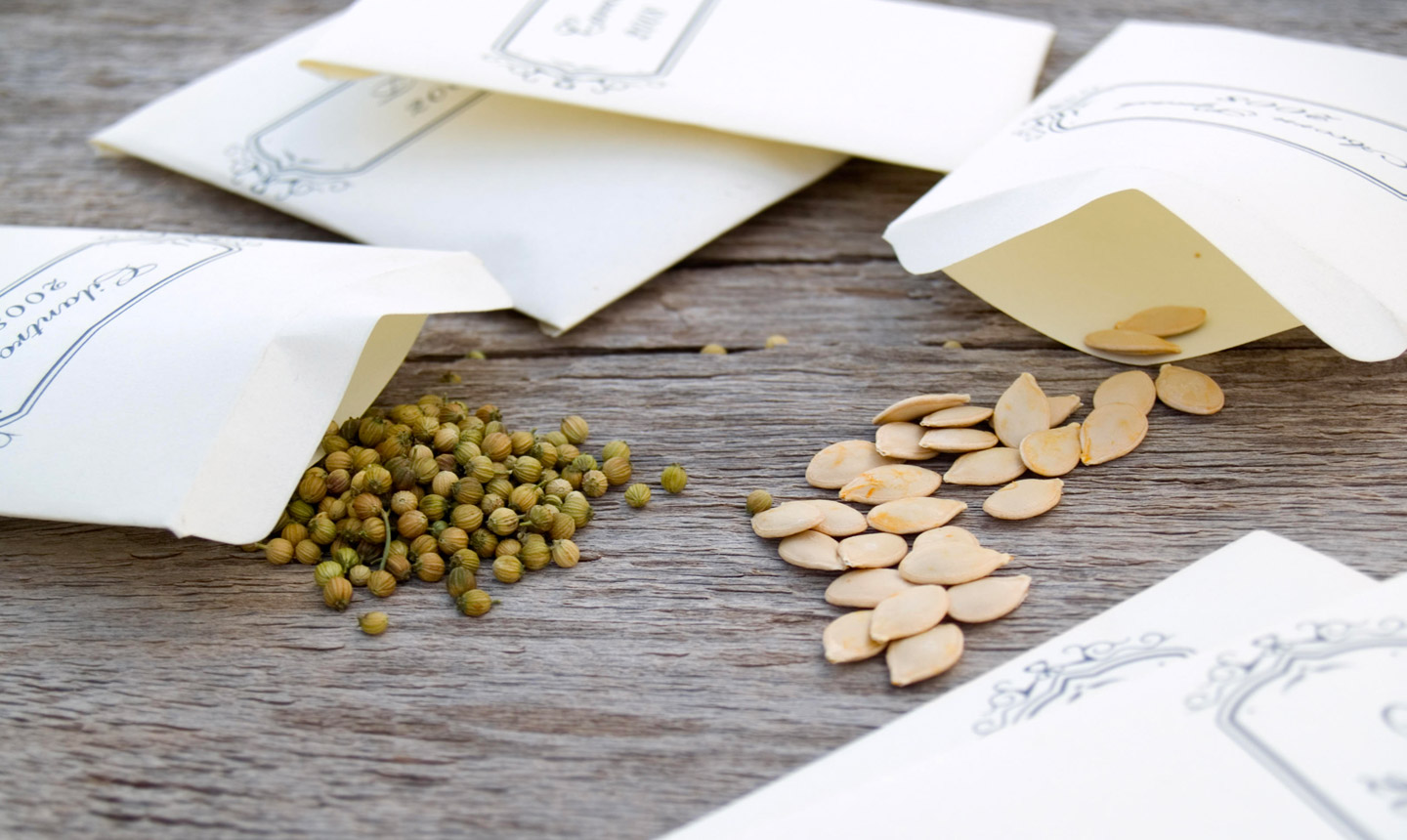


0 thoughts on “How Long Do Potatoes Last In Pantry”